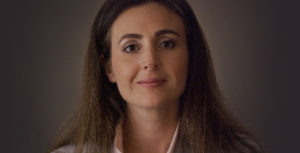Project Overview
Reclaim Appalachia addresses the interconnected economic, cultural, and environmental distress of West Virginia’s collapsing coal economy. Seeking to reclaim the Appalachian spirit of hard-working persistence, the initiative translates the region’s vibrant cultural roots into fresh opportunities for young adults with few prospects for the future. According to Brandon Dennison, Executive Director of the Coalfield Development Corporation, the initiative’s parent organization, Reclaim Appalachia taps into social entrepreneurship as a way to bridge the gap between the region’s inventive culture and economic opportunities that can transform individual lives and restore a sense of purpose to communities. Reclaim Appalachia’s solution is to hire unemployed young adults, laid-off coal miners, and others through a variety of social enterprises, including a sustainable construction crew; a woodshop producing bee boxes and birdhouses; and an agriculture-focused enterprise providing training in farm and food entrepreneurship. While helping to advance community-based projects, rehabilitate derelict buildings as affordable housing, and create new cultural anchors, crew members also receive community college credits and life-skills training. At the end of their 30-month contract, trainees can be placed with private-sector partners to begin careers or start their own businesses. Through its growing network of social enterprises, Reclaim Appalachia is ambitiously converting an oft-demeaned cultural heritage into a catalyst for regional revival.
Five Questions
Learn more about this project
Meet our other 2015 awardees
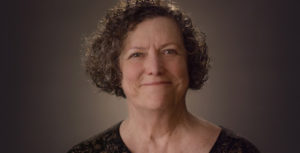
New York
A model for activating human capital in rural places, this “living museum of contemporary rural life” has helped inventive rural residents ignite a fresh sense of cultural and economic opportunity.
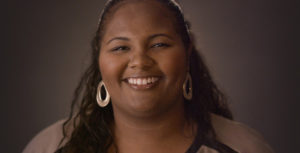
ScholarCHIPS for Children of Incarcerated Parents
Washington, D.C.
To break the cycle of intergenerational incarceration, ScholarCHIPS supports college students in the Washington, D.C. area who are among the millions of children in America with incarcerated parents.
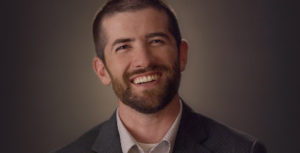
Washington State
Through a unique blend of peer mentoring, community farming, and “dirt therapy,” Growing Veterans uses sustainable agriculture as a catalyst for ending veteran isolation.

California
This peer-support program’s “healing to advocacy” agenda empowers women with incarcerated loved ones to push for social and policy reform, while boosting their economic resilience.

California
Bringing local fish into schools proves a powerful way to cultivate the next generation of ocean stewards, while promoting sustainable seafood and supporting a community’s fishing industry.
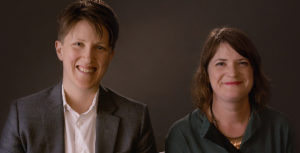
New York and North Carolina
To advance worker well-being, Coworker.org harnesses online tools to advocate for freelancers, independent contractors, and others in today’s gig-based workforce.
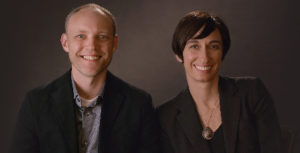
Elizabeth Monoian &Robert Ferry
Washington State
A series of large-scale public art installations seeks to transform unloved clean-energy infrastructure into wildly inspiring cultural and economic assets.
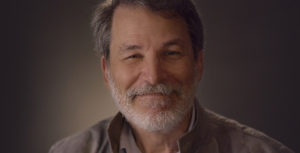
New York
A global network of tech-enabled partners uses advanced production tools to deliver life-changing prosthetic hands and arms to those who need them most.

 Learn More
Learn More